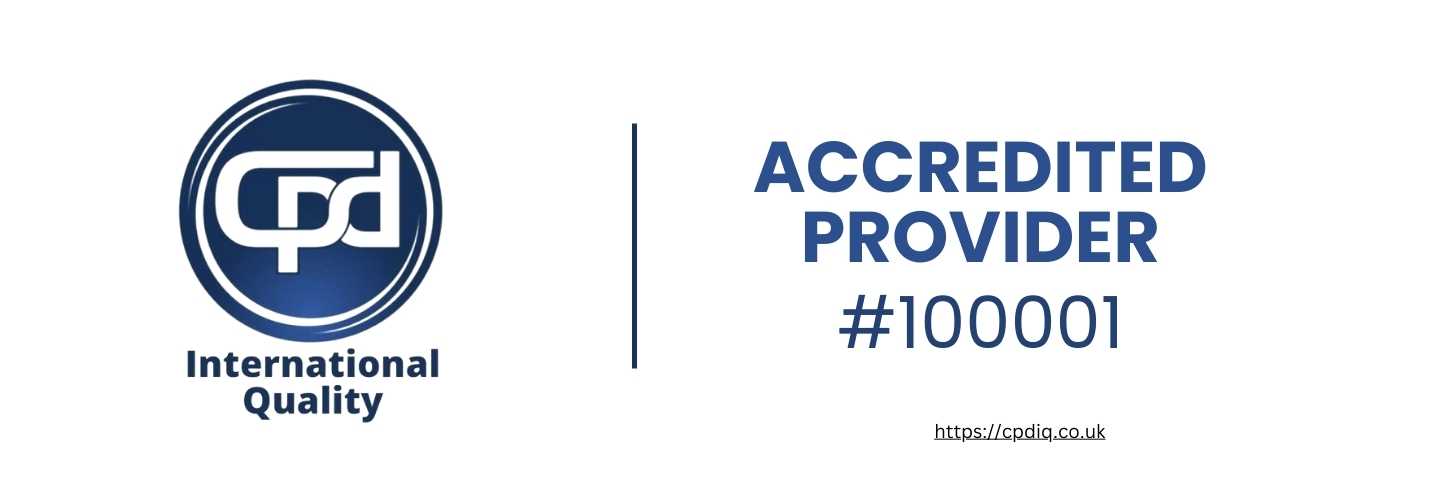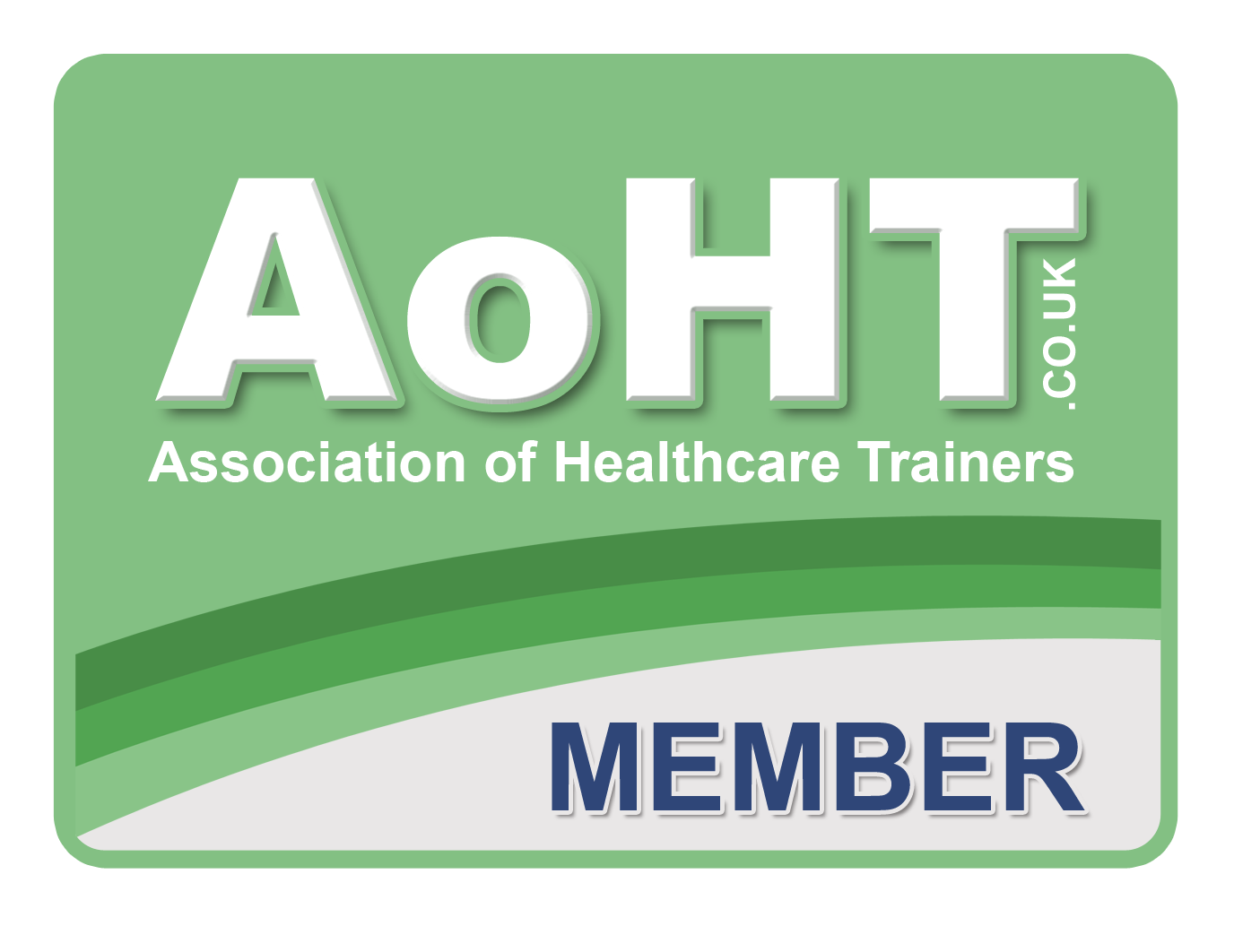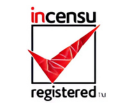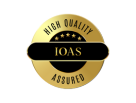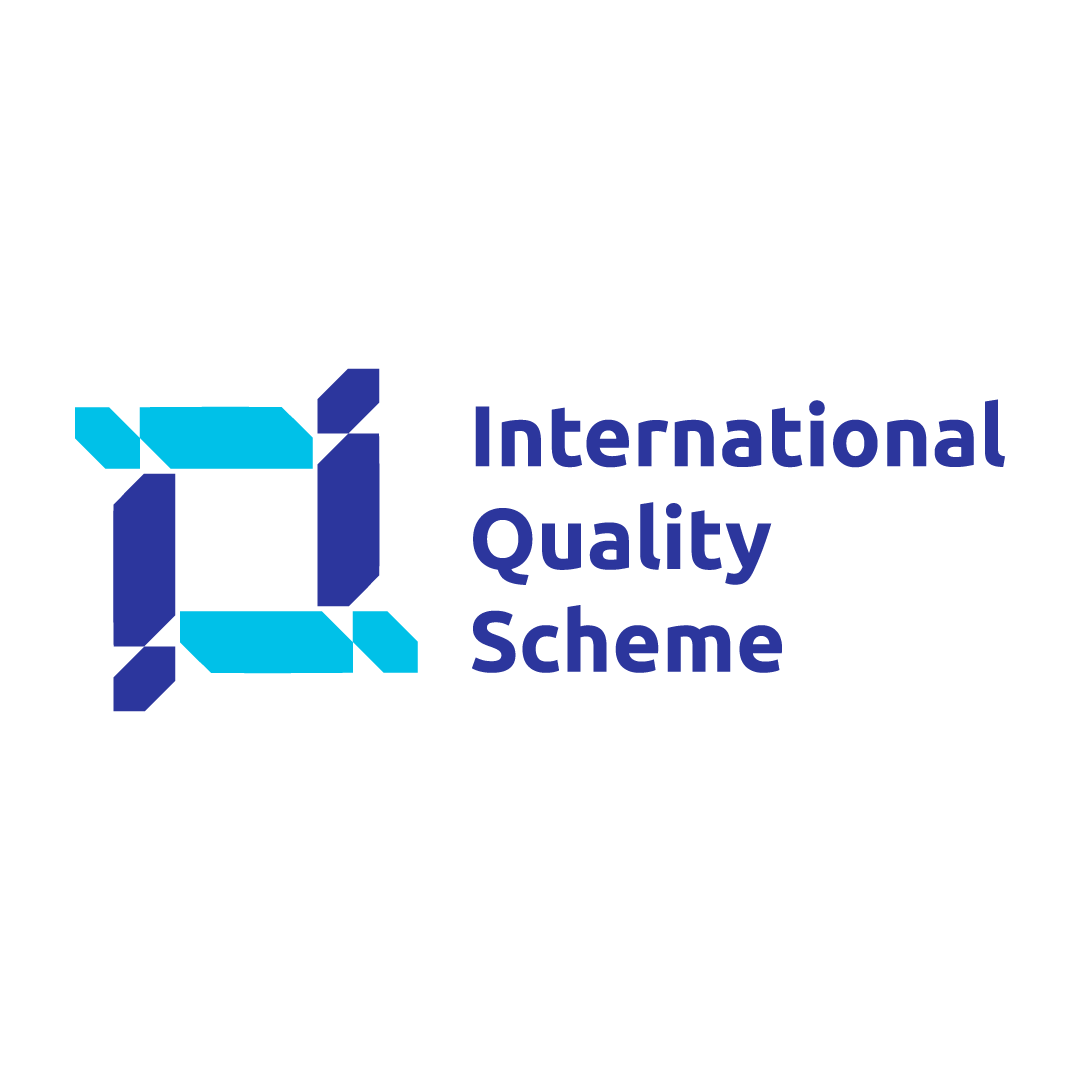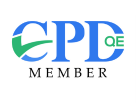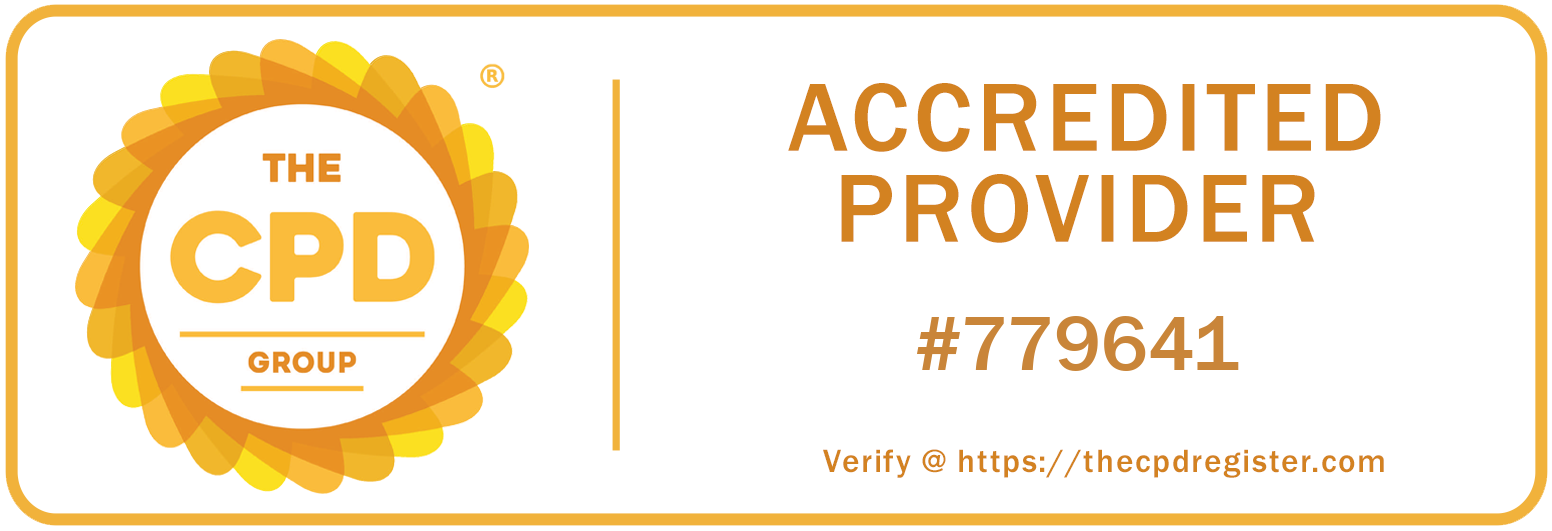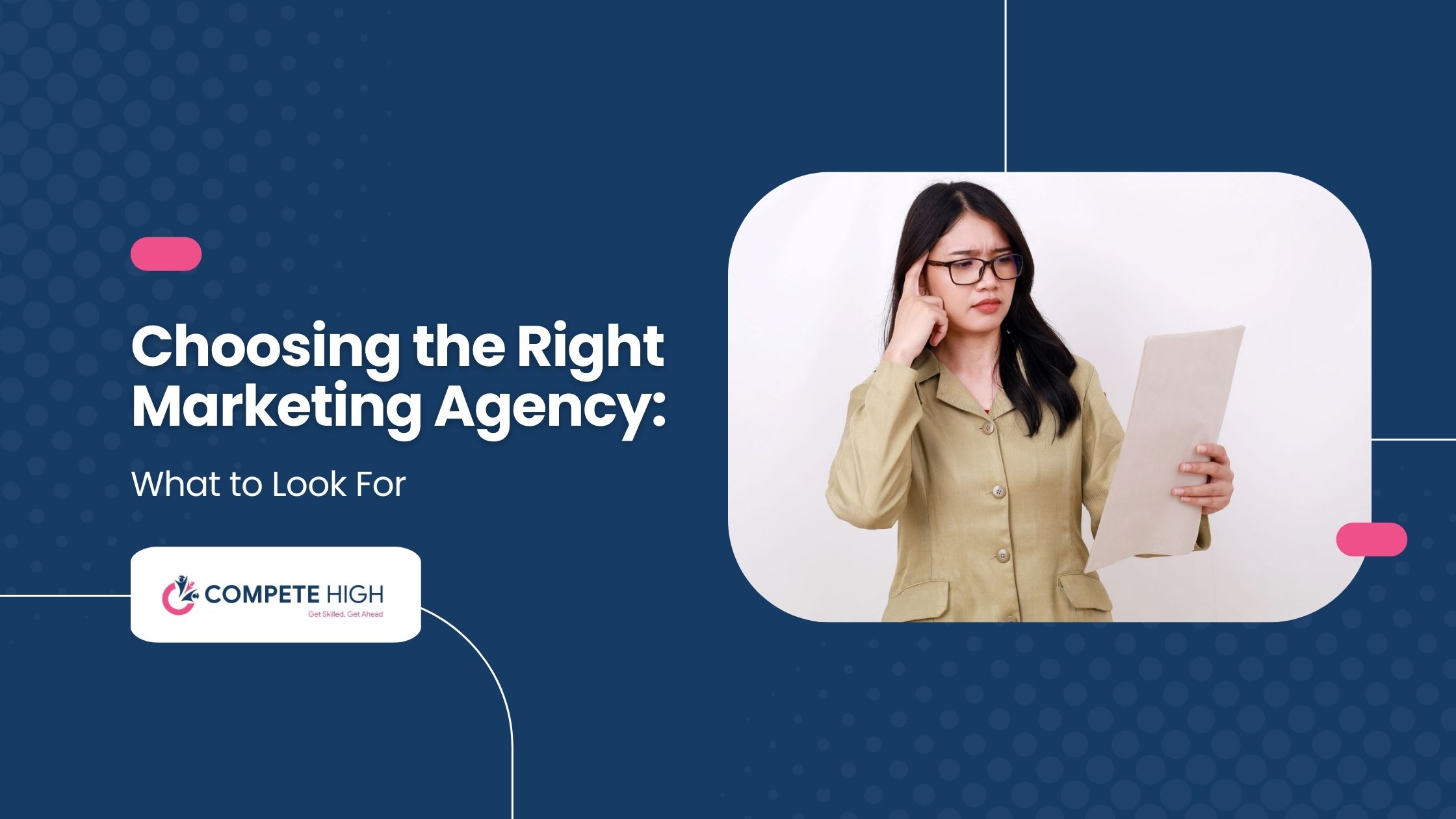
Choosing the right marketing agency is crucial for the growth of your business and the achievement of your marketing objectives. If you do it right, your business can dramatically improve its campaigns, increase sales, level up your brand, and successfully reach your audience. But the challenge arises in finding that perfect fit.
Businesses often need help to assess the expertise of a right marketing agency, to see if the goals align, and to assess its potential ROI. This blog will outline key factors you need to consider when selecting your agency. You will also gain insights into recognizing a red flag so you know when to walk away.
Understanding Your Business Needs and Goals
Defining Your Marketing Objectives
Before you start the process of looking for a right marketing agency, it’s critical that you clearly define the marketing objectives for your business. Doing this at the start of your selection process will help define the kind of agency you want and will need, meet your objectives, and achieve your goals. Objectives can look very different for two very different businesses, depending on their stage of growth. For example, a startup might have the objective of gaining brand recognition and growing its customer base. In contrast, a more established company might have lead generation, customer retention, or entering a new market as an objective.
Let’s start by defining your marketing objectives. What is your current market share, and how can you improve? What are your specific targets? Do you want to increase traffic to the company's website? Raise engagement on your social media pages. Improve conversion rates? Think in terms of specific results rather than generic goals. Perhaps you want to increase sales in a specific product category by a certain percentage this year or gain a specified number of new customers. Whatever your goal, it should be SMART: specific, measurable, achievable, relevant, and time-bound.
Determining the Scope of Services Needed
With your marketing objectives in place, you can now decide what services your business needs to meet them and what’s available on the market. Marketing services can be divided into a multitude of categories, such as digital marketing, content marketing, SEO, social media, branding, graphic design, advertising, PR, communications, and more. Depending on what will move the needle for your business, you should identify the most relevant services and where you need the most help. A business wanting to enhance its online presence will need a right marketing agency with knowledge and capability in SEO and digital advertising. A business wanting to create a strong brand identity might lean more toward content creation, graphic design, and brand strategy.
When it comes to defining your needs, you have to be thinking about both your short-term and your long-term goals: one client might require a fully fleshed-out marketing plan across multiple channels; another might require a more bespoke approach—say, to solve an immediate challenge or to reach a very specific type of audience. You also have to think about what you’re capable of doing in-house and where you might need to bring in an external expert.
If you choose an agency that focuses on the areas you most need help with, that absolutely does make a difference in how successful your marketing becomes. Clearly defining what you’d like the agency to do also helps define whether the agency you select has the knowledge and capacity to do the job.
Evaluating Agency Expertise and Experience
Industry Experience and Specialization
It provides greater bang for your buck if an agency has hands-on experience in your industry. Agencies that have previous experience working in your industry or a similar one are more likely to understand the nuances of the behavior of the target conditions faced by your business and help inform the most effective marketing strategies for your business, including the language, ideas, and positioning you should adopt in your marketing.
For instance, an agency that has previously worked in the healthcare sector will be familiar with the compliance issues surrounding the sector and the audience-centric messaging required in this highly regulated sector. On the other hand, an agency that has previous experience in e-commerce will be well versed in certain techniques, such as conversion optimization and online sales strategies.
To assess an agency’s work experience, look at its portfolio first. Review the case studies and see if they’ve worked with businesses similar to yours. What kinds of campaigns have they run in the past? What were the results? How did they overcome similar challenges? Does the agency have a specific certification or other partnership with an industry leader that shows they have a deeper understanding of your business? While a general understanding of the marketing industry is important, if an agency has been working specifically in your industry for a while, they’ll be able to provide more hyper-focused insights and strategies, leading to better results.
Assessing Case Studies and Client Testimonials
Case studies and client testimonials are beneficial in gauging an agency’s effectiveness and the quality of its work. An effective case study documents how the agency approached a specific challenge, the strategies they used to resolve it, and the measurable results they achieved. You can get a sense of an agency’s problem-solving skillsets and how they apply them to varying client needs by reviewing these types of case studies. It’s beneficial to look for case studies that highlight successes in areas relevant to your business goals, such as increasing traffic to a business website, improving lead conversion rates, or increasing brand visibility.
Client testimonials reveal a lot about the agency’s responsiveness and general customer service, including how they communicate with clients, how they handle feedback (both good and bad), and whether they are actually willing to go the extra mile to make a campaign work for you. Look for consistency in the testimonials or comments that echo what you are looking for, such as the ability to hit tight deadlines, how creative an agency is in executing campaigns, or their thought leadership in a certain area. Ask to speak to past clients directly, if possible, to get a firsthand account from someone who has actually worked with the agency before.
You should be able to finally assess the agency with newfound clarity based on case studies and client testimonials and determine if they’re the right fit for your business or if they’re effective at all.
Understanding Their Approach and Strategy
Believe it or not, the marketing approach behind an agency and how they think strategically should be another major point of consideration when choosing a right marketing agency partner. Suppose you understand how they plan to reach your marketing goals. In that case, you’ll feel more confident about their ability to deliver on them. A good place to start when deciding whether to work with an agency is by asking them how they will go about creating and executing your marketing strategy.
This could involve their process for conducting market research, how they will set up goals and KPIs, or how they will measure and optimize campaign performance. Suppose an agency has a systematic approach that’s clearly laid out in front of you. In that case, it should give you confidence that they will plan and execute marketing strategies consistently and effectively.
It’s also important to evaluate whether the agency’s strategy matches your business philosophy and goals. For instance, because many of my clients value creativity and innovation, I tend to work with agencies that embrace out-of-the-box thinking and are willing to take well-calculated risks on behalf of the brand. By contrast, if your business operates in a highly regulated industry, you’ll likely need an agency that values compliance and takes a more conservative approach to marketing.
Asking questions like how the agency tailors its strategy to meet the needs of businesses in different industries or how it’d react to a wrench in the gears can help you determine whether its approach will be a good fit for your business. Ideally, you’ll choose an agency whose approach to marketing aligns with your vision and whose strategy you trust to deliver the results you’re looking for.
Analyzing Communication and Collaboration
The Importance of Clear Communication
The key to a successful agency relationship is great communication. You should be kept up-to-date on what’s happening, and information should be shared consistently. Set expectations from the outset by agreeing on a communication plan:
- How often will you receive updates?
- Who will be your point of contact within the agency?
- How you’ll communicate.
Whether it’s through regular meetings, via email updates, or using project management tools, a great agency will be transparent, providing you with regular updates on the progress of your campaigns, problems it encounters, and the results it’s achieving.
They also need to be transparent about budgets, timelines, and deliverables. An agency should be upfront about costs and any potential additional expenses, including whether there are extra charges for out-of-hours work. They should also be realistic about how long it will take them to achieve their goals. Regular updates and open costly misunderstandings or miscommunications. For example, if it takes an agency a long time to get back to you or if they’re not providing clear information, this could point to deeper problems that might impact your partnership. By insisting on clear communication from the beginning, you’ll be establishing a healthy working relationship.
Collaboration and Alignment with Your Team
Your internal team needs to collaborate closely with the agency to create consistent campaigns. When you think of your agency, you should see it as an extension of your team. Your staff members are the ones who spend the most time with them and who can share insights about your brand’s voice, values, and goals. This is especially true when it comes to activities such as content creation, social media management, and many other efforts. An agency that takes the time to learn about your brand and immerse itself in your brand culture is more likely to create work that meets your target audience’s needs and serves your strategic goals.
Cultural fit is another key factor to consider when looking at a right marketing agency. Think about how the agency works, how they communicate, what their general approach is, and whether it fits well with your company culture. If your company values innovation and agility, then you’ll want an agency that is capable of moving quickly and adapting to the latest trends and opportunities as they emerge. If your company values careful planning and attention to detail, then you’ll need an agency that values those things, too. Making sure that your agency’s culture is a good fit with yours will make it much easier to work together and get the most out of your collaboration.
Good collaboration also means spelling out roles and responsibilities for your company and the agency team. It helps to keep each other from running over each other and avoid duplication of effort. Ongoing check-ins and collaborative planning sessions to stay on track also help to keep the collaboration in sync and make sure the relationship is still working towards your business goals. By collaborating well, you’ll get the most from the partnership and hit your marketing goals more effectively.
Budget Considerations and ROI
Setting a Realistic Budget
Arguably, the first and most essential thing you need to do is establish a realistic budget for the services you need. (Hint: It’s tied to how much your business is able to spend on marketing.) With your budget in mind, you can get a much clearer sense of what right marketing agency services are available to you and what you can afford. Assess your total budget for marketing each year and figure out what percentage of that budget can be assigned to a right marketing agency services.
Your short-term and long-term goals will play into this calculation. Suppose you’re launching a new product or have some other pressing campaign. In that case, you might need to devote more of your marketing resources than you would if you were maintaining your brand.
After you have settled on a budget, the next step is to determine what you get for your money. The right marketing agency offers a wide variety of services that fall into several categories, ranging from strategy development to graphic design to production. The pricing could be flat—$20,000 to run a Facebook ad campaign—or based on an hourly rate—$100 an hour for a web developer—or a retainer—$5,000 a month for a right marketing agency.
Be sure to ask for a line item budget that outlines all of the costs, including any additional fees for something like campaign optimization, content creation, or an analytics report. It is far better to know this upfront, so you don’t have to stretch your budget later to pay for costs that have crept in.
The second is that you’re getting value for your investment. Just because an agency is less expensive in comparison to others doesn’t automatically make it a better choice for you. What good is a cheaper marketing agency that doesn’t deliver the quality or results you need? It’s better to find one that strikes a balance between cost and value and has a track record of results that justify the investment. Both of these criteria can help you stay focused on your budget. They’ll also help you avoid the mistake of spending too much money on marketing. They will encourage you to continue to invest for as long as your business needs it.
Evaluating the Potential ROI
Calculating your potential return on investment (ROI) is a final, critical step in deciding whether an agency is the right fit for your business. ROI is a measurement of whether the money you spend on your marketing efforts is generating revenue for your business and moving you towards your end goals. Before you enter into a relationship with an agency, start by discussing your goals with them.
What do you want to achieve with your marketing, and how will you know when you’ve succeeded? This is where working with a right marketing agency that is invested in meeting your expectations can make a big difference. A good and right marketing agency should be able to develop a clear plan for how they’re going to get you there and how they will measure success.
Lastly, and no less obligatory, it’s key to establish key performance indicators (KPIs) early on. In your case, you might track the agency’s progress by watching its KPIs related to your particular demands. The KPIs your right marketing agency will use to determine success in the campaign will vary depending on your objectives. For example, it might be cost per acquisition (CPA), return on ad spend (ROAS), or customer lifetime value (CLTV).
Another aspect of ROI analysis is the longer-term value created by the agency’s work. It’s fair to say that some marketing efforts are ‘quick wins"—for example, you can track and quantify the value added by a single social media post or a single email blast. However, other marketing efforts—for example, brand-building work or search engine optimization (SEO)—will have a longer lead time before the ROI becomes evident.
Being mindful of the typical lead times and calibrating expectations accordingly will help you make better decisions about your marketing spend. Carefully scrutinizing the potential ROI and setting clear and focused performance metrics will ensure that the dollars spent on marketing are spent wisely and that you get the maximum value from your right marketing agency.
Red Flags to Watch Out for
Overpromising Results
The most glaring red flag is an agency that promises specific results. It’s perfectly natural for an agency to talk about its strengths and accomplishments. Still, it’s a deal-breaker if an agency guarantees specific results or the like. Marketing has so many variables, and it changes so rapidly that there’s really no way an agency can assure a certain outcome.
Remember, we’re talking about real people here, not machines. Market conditions, competition, and consumer behavior—a lot of factors can affect the success of a campaign. It’s not in the power of any agency to guarantee a certain number of sales or a top ranking in search engine results, for example, because these things depend on a lot of variables that no agency can control.
Agencies that make bold promises without a clear path to fulfilling them might be much more interested in closing the deal than in delivering a good outcome. Rather than making promises, look for an agency that sets realistic expectations and details a strategy for how it will get you the results you want. A right marketing agency that is open about the challenges you face should be the one that you want to work with.
One that sets a path that maximizes your chances of success while maintaining transparency about the inherent uncertainty of marketing will create a great partnership for you. Expecting a realistic path to achieve the rich results you seek will set you up for a productive, satisfying relationship with the right marketing agency, not a painful disappointment.
Lack of Transparency
Any successful business relationship requires transparency, and this is especially the case when it comes to dealing with a right marketing agency. A lack of visibility may be evidenced through ‘murky pricing’, nebulous reporting, or an unwillingness to provide information about processes and strategies. Any organization that can’t or won’t be transparent about how they work or how they deliver results might have something to hide—be it cutting corners, outsourcing work without your knowledge, or inflating success metrics.
You should expect transparency from your agency, so ask them for detailed proposals, including the approach they’ll take, the specific services they’ll be providing, how they’ll track the results, and how they justify their pricing. Will they charge a flat fee or add-ons? Will they provide regular reports that track how your campaigns are performing? Are they willing to answer your questions and give you straight, up-front answers about the work they’re doing? Suppose you’re working with an agency that values transparency. In that case, you’ll be able to build a relationship with a partner you can trust. You’ll be getting what you pay for.
Poor Communication or Unresponsiveness
Good communication is also paramount to a successful client-agency relationship. Bad communication, such as responding slowly to your questions or emails, not giving regular updates, or not keeping you in the loop properly, can be a major warning sign. This can cause you to fall out of sync, miss opportunities, and generally become frustrated with your agency partner. You should know what’s going on at all times and be communicated with consistently so you can ensure that what’s being done is aligned with your objectives. If there are issues, they are addressed.
Before you sign on the dotted line, consider how your account will be handled: are they responsive to your initial emails or phone calls? Do they answer your questions in a detailed and helpful manner? Are they proactive in offering their opinions or ideas? Suppose you see any warning signs in this initial relationship. In that case, when they are courting you for the business, those agencies will likely mimic those traits if (or when) they secure your account. Select the agency that demonstrates the strongest communication skills to enhance your working relationship and, most importantly, achieve your desired results.
Making the Final Decision
Comparing Shortlisted Agencies
Now, take your shortlist of potential agencies and start weighing them against each other based on your set criteria. Review their proposal again, but this time, focus on what really matters: the agency’s way of approaching your business challenge, their expertise, and how much they’ve grasped your business and its goals. You’ll definitely want to weigh the agency’s strengths and weaknesses in relation to your own: their experience in your industry, the quality of their previous work, and their ability to deliver the services you need for the budget you have.
Lastly, compare the agencies on their style of communication and cultural fit, that is, on how easy you would get along with them and how transparent they are. These qualities can help you determine if the agency will be a good partner for your business in the long term.
To help the comparison process, add a checklist or scoring system where you can rate each agency based on the key factors that you deem most important. Consider including categories such as experience, creativity, communications, pricing, and client testimonials.
After objectively scoring and comparing the agencies, you should have a better idea of which agency you want to work with for your business. Be clear in weighing the pros and cons of each agency, as well as how well each of them matches up to your long-term marketing goals.
Trusting Your Instincts and Making the Commitment
While it’s useful for the metrics to be objective, so you can be sure you’re making the right choice, your gut can also tell you how you feel. Perhaps the agency only ticks the boxes on paper but doesn’t feel quite the right fit for your business. See if you can interrogate those feelings. Suppose you do feel good about an agency and are excited to work with them. In that case, you’re probably more likely to have a successful, creative partnership.
Now that you’ve made that choice, it’s important to stick with it. A productive partnership requires trust, collaboration, and commitment to your goals. Collaborate to establish expectations, create a communication plan, and define metrics for success. By developing a solid foundation on the front end, you can create an agency partnership that will drive results for your business and help you meet your marketing objectives.
Conclusion
When selecting a right marketing agency, you will need to understand your business needs, evaluate the agency’s capabilities, and prioritize good communication. A thorough evaluation process is key to finding the right partner that can effectively support your organization’s marketing needs. Dedicating time to choosing the right marketing agency will lead to a successful partnership, which will ultimately create sustained business growth and visibility for your company.



